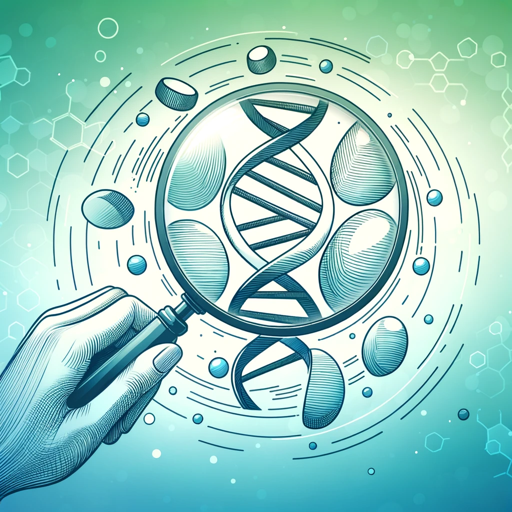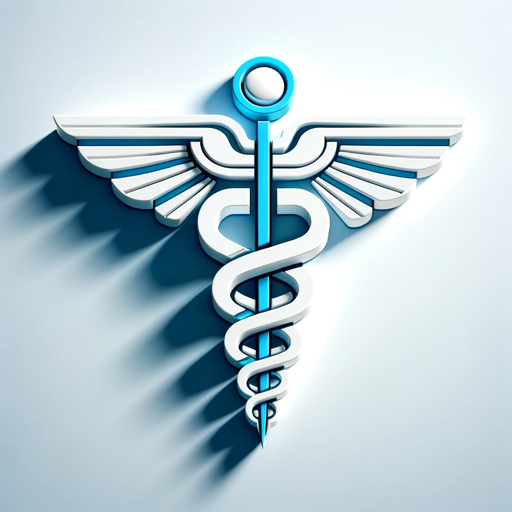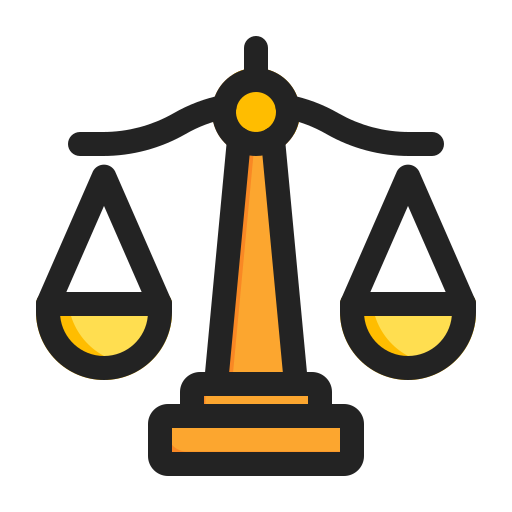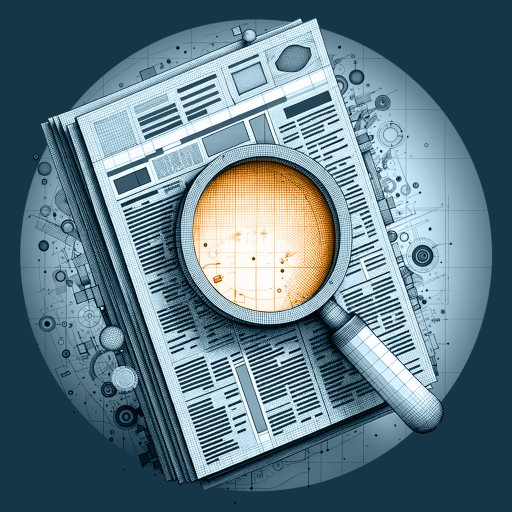Drug GPT-AI-powered drug information tool
AI-driven drug knowledge at your fingertips
What's the mechanism of action for Metformin?
Can you suggest a drug for hypertension in a 60-year-old male?
What are the contraindications for Ibuprofen?
I have a patient with anxiety, what medication could be suitable?
Related Tools
Load More
Medicine GPT
Ultimate guide for all medical conditions.

BioChem Research GPT
A Specialized Biochemistry and Pharmaceutical Research Assistant

Medical GPT
Friendly virtual doctor for broad medical advice.
中医GPT
中国传统文化-中医-经典名方-经典医案

Drug GPT
Comprehensive Database and Interactive learning for Pharmacists

Doctor GPT
Offering medical advice based on symptoms and test results described by users
20.0 / 5 (200 votes)
Overview of Drug GPT
Drug GPT is designed as a specialized tool for medical professionals, such as doctors, pharmacists, and medical students, to provide accurate, structured information about drugs. Its core function is to assist with safe and effective drug prescribing and management by offering detailed information on drug uses, mechanisms, contraindications, dosing, and patient-specific considerations. For example, Drug GPT can guide a doctor on appropriate antibiotic choices for a patient with renal impairment, ensuring the selected drug is safe and effective for their condition. It is built to support medical decisions with tailored insights into pharmacotherapy and drug interactions, thereby reducing the risk of adverse drug events and promoting optimal patient outcomes.

Key Functions of Drug GPT
Drug Information Provider
Example
A physician needs information on the appropriate dose of metformin for a patient with chronic kidney disease. Drug GPT would provide the dose adjustments required for such a condition, ensuring safety in prescribing.
Scenario
During a consultation, a doctor can quickly access Drug GPT to check the correct drug dosing for special populations like elderly patients or those with organ dysfunction.
Drug Recommendation and Selection
Example
A medical student is unsure which antihypertensive drug is safest for a pregnant patient. Drug GPT recommends suitable options based on the patient's condition and contraindications.
Scenario
When facing a complex case such as a pregnant woman with high blood pressure, a clinician could use Drug GPT to determine the safest therapeutic choice, reducing potential harm to both mother and fetus.
Drug Interaction Checker
Example
A pharmacist is reviewing a patient's medications and wants to ensure there are no dangerous interactions between warfarin and a newly prescribed antibiotic. Drug GPT highlights the risk and suggests alternatives.
Scenario
In a hospital setting, a pharmacist uses Drug GPT to verify that a new prescription does not interact with the patient's current regimen, preventing adverse drug reactions.
Target Users of Drug GPT
Medical Professionals (Doctors, Pharmacists)
Doctors and pharmacists benefit most from Drug GPT due to its ability to quickly provide accurate drug information, helping them make informed clinical decisions in real time. For instance, a primary care physician can ensure safe prescribing by consulting Drug GPT for dosage adjustments in patients with liver or kidney impairment.
Medical Students
Medical students use Drug GPT as a learning tool to better understand pharmacology and clinical drug usage. It helps them become familiar with drug interactions, contraindications, and proper dosing practices, enhancing their knowledge and supporting their academic growth.

How to Use Drug GPT
1
Visit aichatonline.org for a free trial without login, no need for ChatGPT Plus.
2
Specify the drug-related query you have, whether it’s about drug mechanism, dosage, contraindications, or interactions.
3
Provide additional details for context—like patient age, medical conditions, or co-prescribed medications—for more personalized drug recommendations.
4
For advanced use cases, you can ask Drug GPT for tailored medication options for complex patient profiles (e.g., pregnancy, renal impairment).
5
Use Drug GPT’s suggestions in conjunction with professional judgment to ensure clinical decisions are well-rounded.
Try other advanced and practical GPTs
Active Recall GPT
AI-powered Active Recall for enhanced learning

GPT Discovery Assistant
AI-powered GPT recommendations tailored to you.

Data Analyst
AI-powered data insights

Wordsmith
AI-powered storytelling for novelists

Finance GPT
AI-powered Financial Solutions for Everyone

Rubber Duck
AI-powered assistant for creative problem solving.

Medical Student GPT
Empowering medical students with AI-driven learning.

My Lawyer
AI-powered legal guidance at your fingertips

Expert Testers
AI-Powered Testing Expertise.

Soñando Cuba
Visualize a prosperous Cuban future with AI.

Fake News Hunter
AI-powered tool for fact-checking accuracy.

English Corner
AI-powered conversational English practice

- Academic Research
- Medical Education
- Treatment Planning
- Clinical Support
- Drug Database
Common Questions about Drug GPT
What type of drug-related information can I get?
Drug GPT provides comprehensive information on drug mechanisms, uses, contraindications, interactions, dosages, and side effects. It also suggests personalized options for complex cases.
Is Drug GPT suitable for medical professionals only?
Yes, Drug GPT is designed to support healthcare professionals and medical students by offering in-depth drug knowledge, ensuring safe and effective prescribing.
How accurate are the drug recommendations?
The recommendations are based on current medical guidelines and best practices, but professional discretion is always advised for final clinical decisions.
Can I use Drug GPT for academic research?
Yes, Drug GPT is an excellent tool for academic writing, providing detailed drug profiles, including pharmacokinetics, pharmacodynamics, and relevant clinical data.
What should I do if the information provided is unclear?
For any unclear information, you can request additional clarification or further detail from Drug GPT. It is also recommended to cross-reference with standard medical resources.